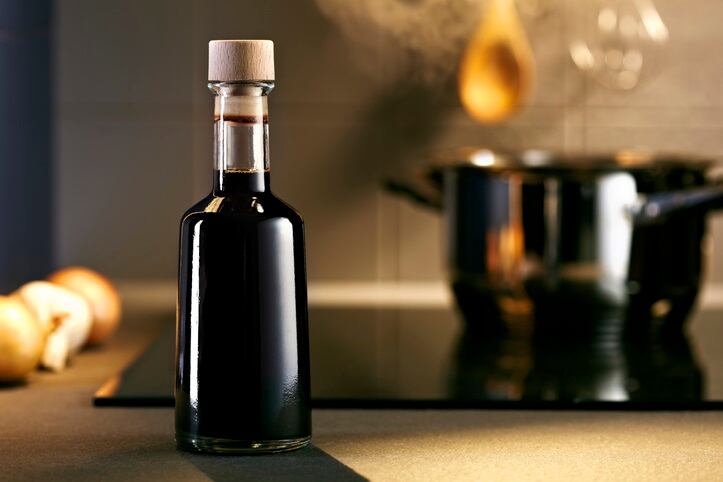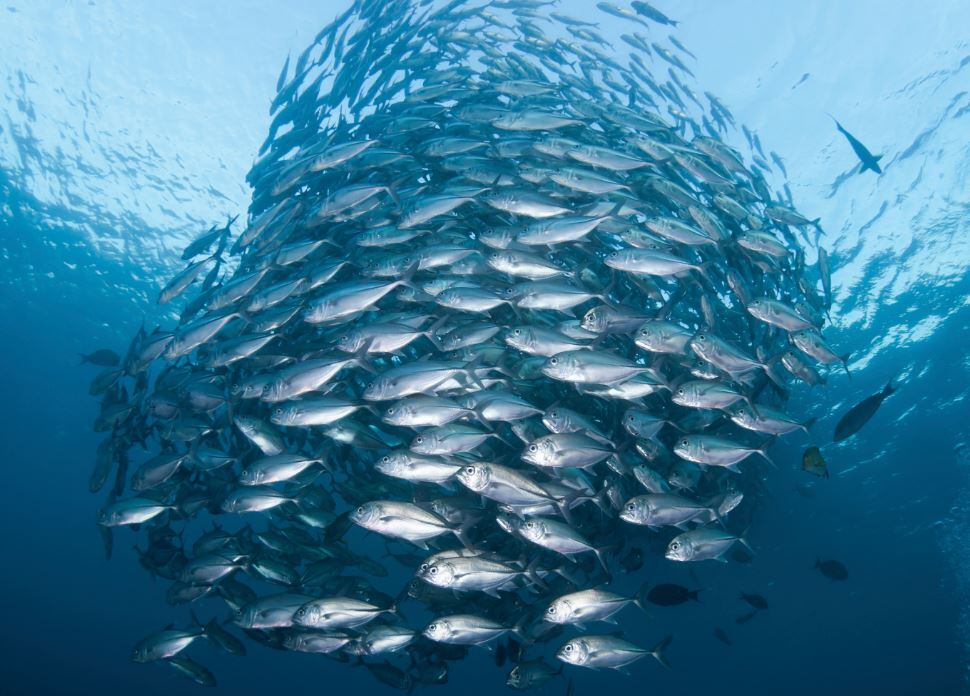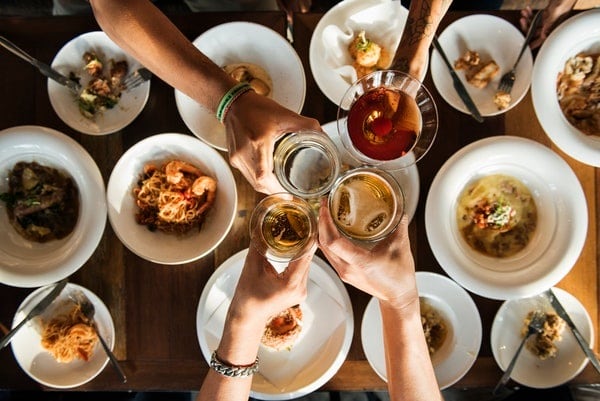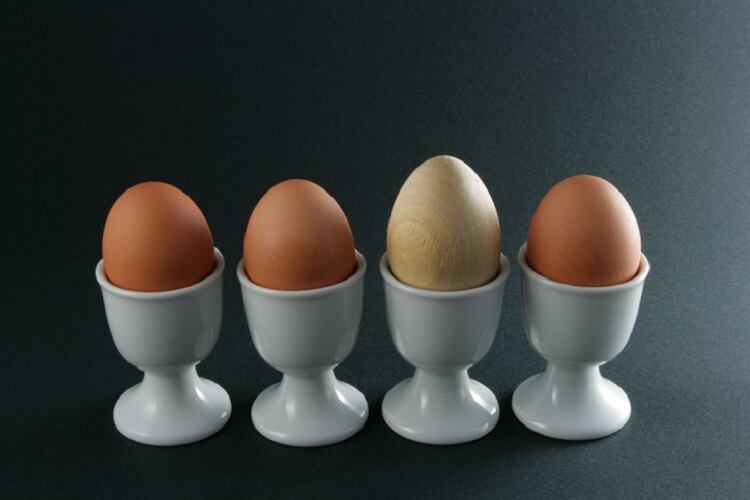Cases of fraud related to balsamic vinegar production are a growing concern. The seizure of €15m worth of must, wine products and commercial documentation in Italy earlier this month as part of the country’s Operation Global Wine fraud investigation has focused minds on the huge global demand for balsamic vinegar and product authenticity.
Balsamic vinegar has the largest share of global vinegar sales followed by red wine vinegar, cider vinegar and white vinegar, IMARC Group’s report, Vinegar Market: Global Industry Trends, Share, Size, Growth, Opportunity and Forecast 2018-2023, shows.
Italy’s Ministry of Agricultural, Food and Forestry Policies has highlighted the allegedly fraudulent use of “table”, or low-grade, grapes intercepted with fake authenticity documents.
Must, transformed from table grapes, was ultimately destined for plants in Emilia, in the North of the country, for use in balsamic brands whose managers, the ministry stressed, were not implicated in the investigation.
Simone Tintori, chief executive and export manager of Acetaia La Vecchia Dispensa, in Castelvetro di Modena, explained grape must coming from Puglia had been turned into 8m litres of protected geographical indication IGP [Indicazione Geografica Protetta] balsamic vinegar that police blocked before the bottling.
“This grape must seems to be obtained from what we call table grape and not wine grape. The IGP rule strictly requires use of only seven different varieties of wine grape,” he said.
Agriculture minister Gian Marco Centinaio insisted Italy’s control system is recognised as one of the best in the world – never mind that Italy is under siege from mafia infiltration into the agri-food sector, as the Financial Times spotlighted last November in an investigation, ‘How the mafia got to our food’.
These latest findings beg questions whether this alleged fraud affecting the balsamic vinegar sector is just a blip or symptomatic of more widespread misdemeanours and what the implications are for trust in provenance.
Consumers and retail buyers need to have confidence that when they source a specific balsamic vinegar they are getting the genuine article and not the equivalent of cheap plonk mislabelled to create an illegal cash cow.
There is nothing illegal in cheap brands of balsamic vinegar sold around the world in supermarkets that contain additives, such as E150 caramel, sulphites, brown sugar, thickeners and colouring as long as they are described as is – the illegality comes with mislabelling and false description.
David Harrison, joint chief executive of Italian Real Foods, owner of the Seggiano brand, which includes IGP organic balsamics, commented: “It doesn’t surprise me in the slightest that there are people flogging fake balsamic because the global demand is huge.
“I know my producers pretty well. Nowadays, it has to be about provenance. If you sell something, you need to know where it comes from or have enough faith in knowing that you know where it comes from.”
That said, he does not believe the scandal will make much difference in the scheme of things as far as the public is concerned and, if anything, it could prove good news for the top end of the market.
He believes any effect that might be felt will be confined to retailers in that perhaps they will be more cautious about “picking up bargains that are too good to be true.
“I would hope people start to realise you get what you pay for and that if it’s too cheap to be true, it is”.
It is the personal knowledge of everyone in the supply chain that is so important for confidence in authenticity. A spokesman for Belazu, stressing that neither it nor its producers had been involved in the issue, said: “We work with three small artisan farmers and that is the extent of our supply chain. We have worked with them for a long time and know them well.
“Grapes, which are produced to an incredibly high standard specifically for Belazu’s balsamic vinegar, are grown, crushed and cooked by our farmers on their own land.”
They use two of the seven permitted grape varieties and operate to very “well above those standards expected of them by law,” he explained.
Andy Harris, whose company The Vinegar Shed sells top-end product, attributed fraud cases to the massive demand for balsamic vinegar: “The problem is in the past 15 years, the only type of vinegar people want is balsamic and that’s what’s led to this problem – the demand’s insatiable.”




